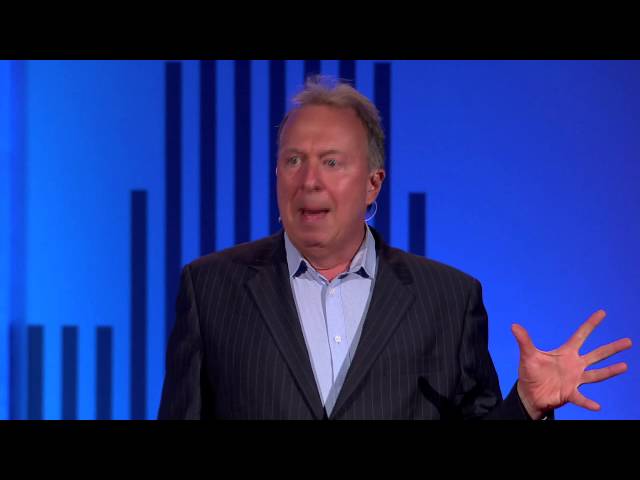Pinned Items
-
Stream item published successfully. Item will now be visible on your stream.
-
Stream item published successfully. Item will now be visible on your stream.
-
Stream item published successfully. Item will now be visible on your stream.
Recent Activities
-
Post is under moderationStream item published successfully. Item will now be visible on your stream.
-
Open Society Foundations - Governance & AccountabilityA government accountable to its citizens is one of the cornerstones of an open society—helping to ensure fairness, economic equality, and civic participation. The Open Society Foundations work with governments and businesses to advance transparency, rule of law, and good governance around the world.Post is under moderationStream item published successfully. Item will now be visible on your stream.
-
Stream item published successfully. Item will now be visible on your stream.
-
Stream item published successfully. Item will now be visible on your stream.
-
Stream item published successfully. Item will now be visible on your stream.
-
Stream item published successfully. Item will now be visible on your stream.
-
Stream item published successfully. Item will now be visible on your stream.
-
Stream item published successfully. Item will now be visible on your stream.
-
Stream item published successfully. Item will now be visible on your stream.
-
Stream item published successfully. Item will now be visible on your stream.
There are no activities here yet





